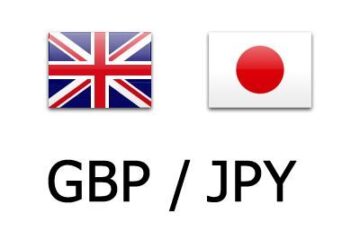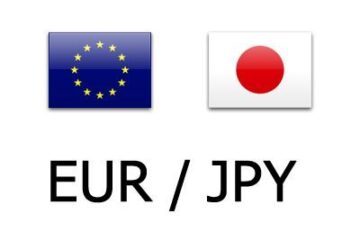Luxury fashion brand Dior, which is owned by LVMH, is famous for its high-end merchandise such as handbags, apparel, jewelry and other accessories, which often come with price tags that are over $1,000. But a recent investigation has poked a hole in the facade that the expensive price tags match the cost it makes to produce these items.
LVMH has been under investigation by authorities in Italy, who looked into the working conditions at some of the company’s factories that craft Dior handbags. According to documents that authorities discovered in the investigation, Dior allegedly paid a supplier $57 to construct a handbag that sells for $2,780 in stores, according to a new report from the Wall Street Journal.
Related: Shein has allegedly failed to end 75-hour work weeks at factories
Authorities also probed Giorgio Armani factories and found that the company paid $99 for bags that sold for over $1,900 in stores.
According to the Journal, the cost prices don’t include leather or other raw material, and the companies “separately cover the costs of design, distribution and marketing” of the products.
Both companies are being accused by authorities in Italy of exploiting foreign workers in order to produce their high-end products at low prices.
LVMH was put under court administration in Milan last month for allegedly subcontracting work to Chinese-owned firms that mistreated its workers. In a document of the decision, which was viewed by Reuters, it revealed that workers were sleeping in the factories so that they could have “manpower available 24 hours a day.”
A guest wears a black and white leather Dior bag, outside Dior, during the Haute Couture Fall/Winter 2024/2025 as part of Paris Fashion Week on June 24, 2024 in Paris.
Edward Berthelot/Getty Images
Safety devices were also pulled from machinery to allow workers to operate them at a faster pace, which allowed the contractors to “rein in costs” and charge Dior a lower price for the handbags, according to Reuters.
Authorities claimed that Dior failed to take measures to check the working conditions at the factories of the contracting companies it worked with and did not conduct “periodic audits” of its suppliers over the past few years.
Worker exploitation is a huge problem in the fashion industry. In May, fast-fashion retailer Shein was exposed in a follow-up investigation from Public Eye for having its suppliers work 75-hour workweeks along with low wages (violating Chinese labor laws), after the company promised to end the practice in 2021. The workers were also found to be working in warehouses that had fire hazards.
More Retail:
Walgreens limits purchases of a viral candy product Target faces disturbing lawsuit for allegedly putting shoppers at riskAmazon is giving up on allowing customers this one privilege
The investigation into LVMH comes at a time when the company is experiencing a decline in revenue amid a pullback in luxury spending from consumers due to a tight economy. In LVMH’s first-quarter earnings report for 2024, revenue for its fashion and leather goods sector declined by 2% year-over-year, while the company’s watches and jewelry sector shrunk by 5%.
Related: Veteran fund manager picks favorite stocks for 2024


